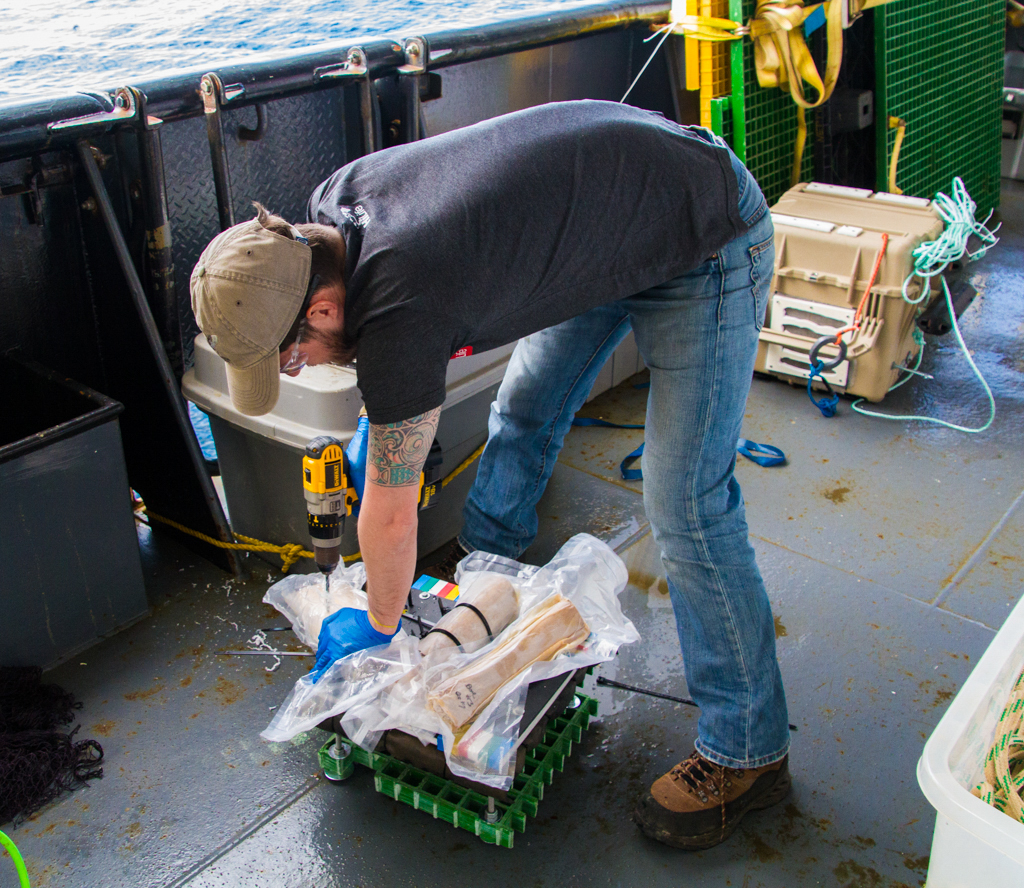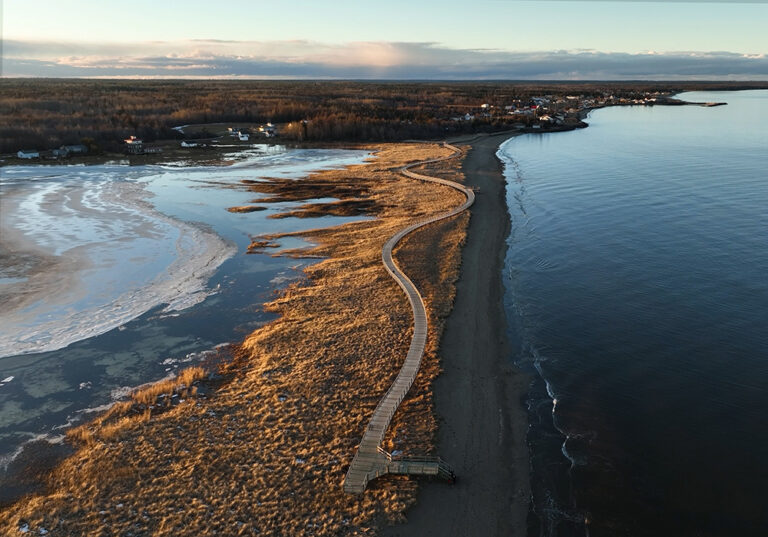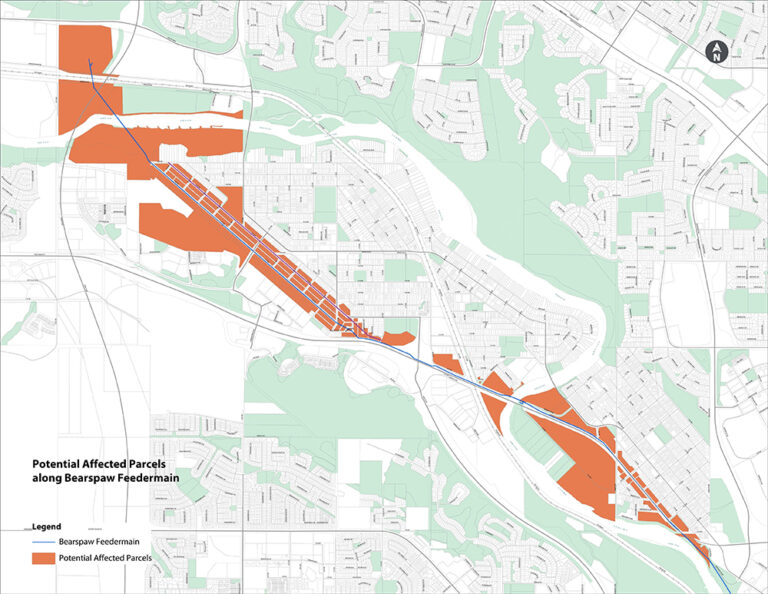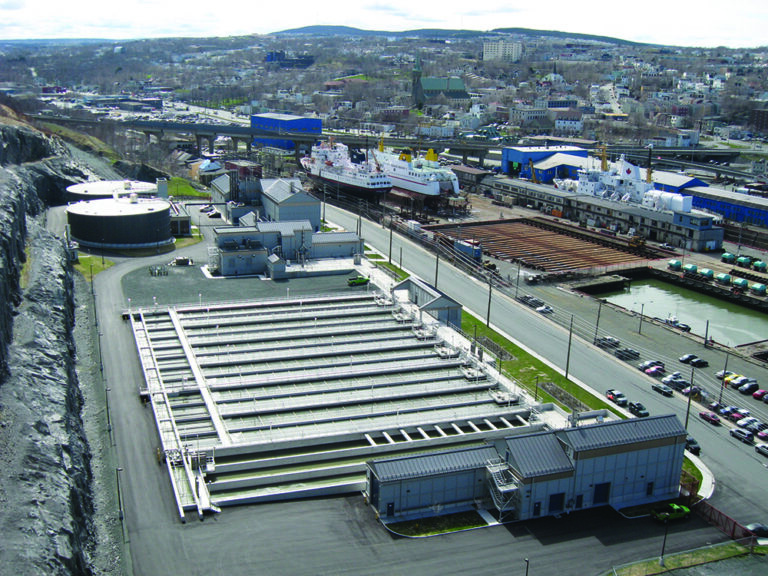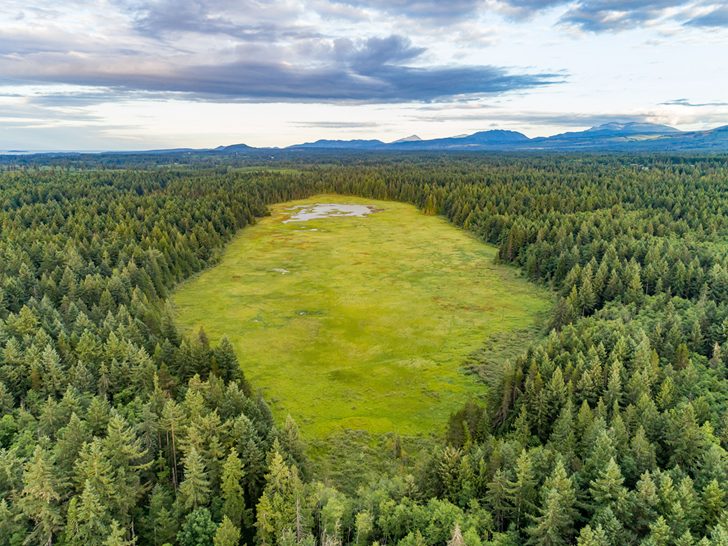The disappearance of a deep-sea species known as the “zombie worm” off British Columbia’s coast could signal wider ecosystem disruption linked to climate change, according to new research led by the University of Victoria and Ocean Networks Canada (ONC).
In a decade-long experiment, researchers placed humpback whale bones nearly a kilometre deep at Barkley Canyon, a low-oxygen zone in the northeast Paacific Ocean. Despite continuous high-resolution monitoring, scientists found no trace of Osedax—the bone-devouring “zombie worm” that plays a critical role in decomposing whale carcasses on the ocean floor.
“This was a remarkable observation in such a long-term experiment,” said Fabio De Leo, senior staff scientist with ONC and adjunct assistant professor in UVic’s Department of Biology. “It may be explained by the low oxygen concentrations present at the site.”
Osedax worms, which lack mouths and digestive tracts, rely on root-like structures and symbiotic microbes to extract nutrients from whale bones. Their absence, De Leo said, could indicate that expanding low-oxygen or “oxygen minimum zones” (OMZs)—a known consequence of ocean warming—are disrupting these fragile ecosystems.
Whale falls, which occur when carcasses sink to the seafloor, act as biodiversity hotspots supporting entire communities of specialized species. Without Osedax to initiate the decomposition process, other organisms may struggle to colonize these nutrient-rich habitats.
“Basically, we’re talking about potential species loss,” De Leo said. “So, this connectivity, these island habitats, will not be connected anymore, and then you could start losing a diversity of Osedax species across regional spatial scales.”
The study also found that another deep-sea “ecosystem engineer,” the wood-boring Xylophaga bivalve, showed reduced colonization rates in low-oxygen conditions, suggesting further ecological impacts on carbon cycling and habitat formation.
Craig Smith, professor emeritus at the University of Hawaii and co-lead of the experiment, said the findings underscore the vulnerability of deep-sea ecosystems to ocean warming. “It looks like OMZ expansion will be bad news for these amazing whale-fall and wood-fall ecosystems along the northeast Pacific Margin,” he said.
The research used data collected by ONC’s NEPTUNE cabled observatory at Barkley Canyon, including underwater cameras and remotely operated vehicles. Further findings from a separate whale-fall study at ONC’s Clayoquot Slope site are expected later this year.
The work was supported by the Canada Foundation for Innovation’s Major Science Initiatives Fund and the U.S. National Science Foundation, and aligns with the United Nations Sustainable Development Goal 14: Life Below Water.

